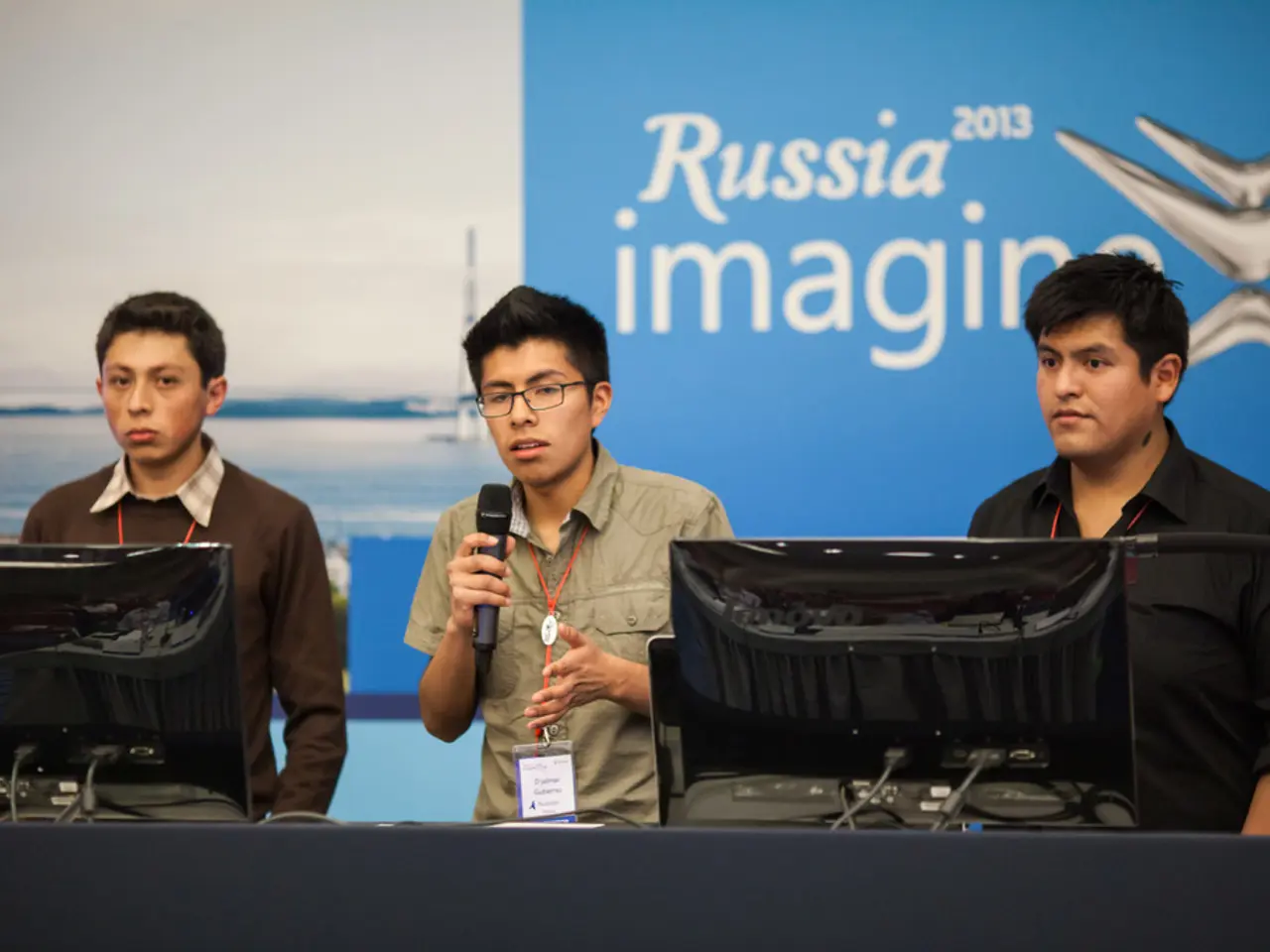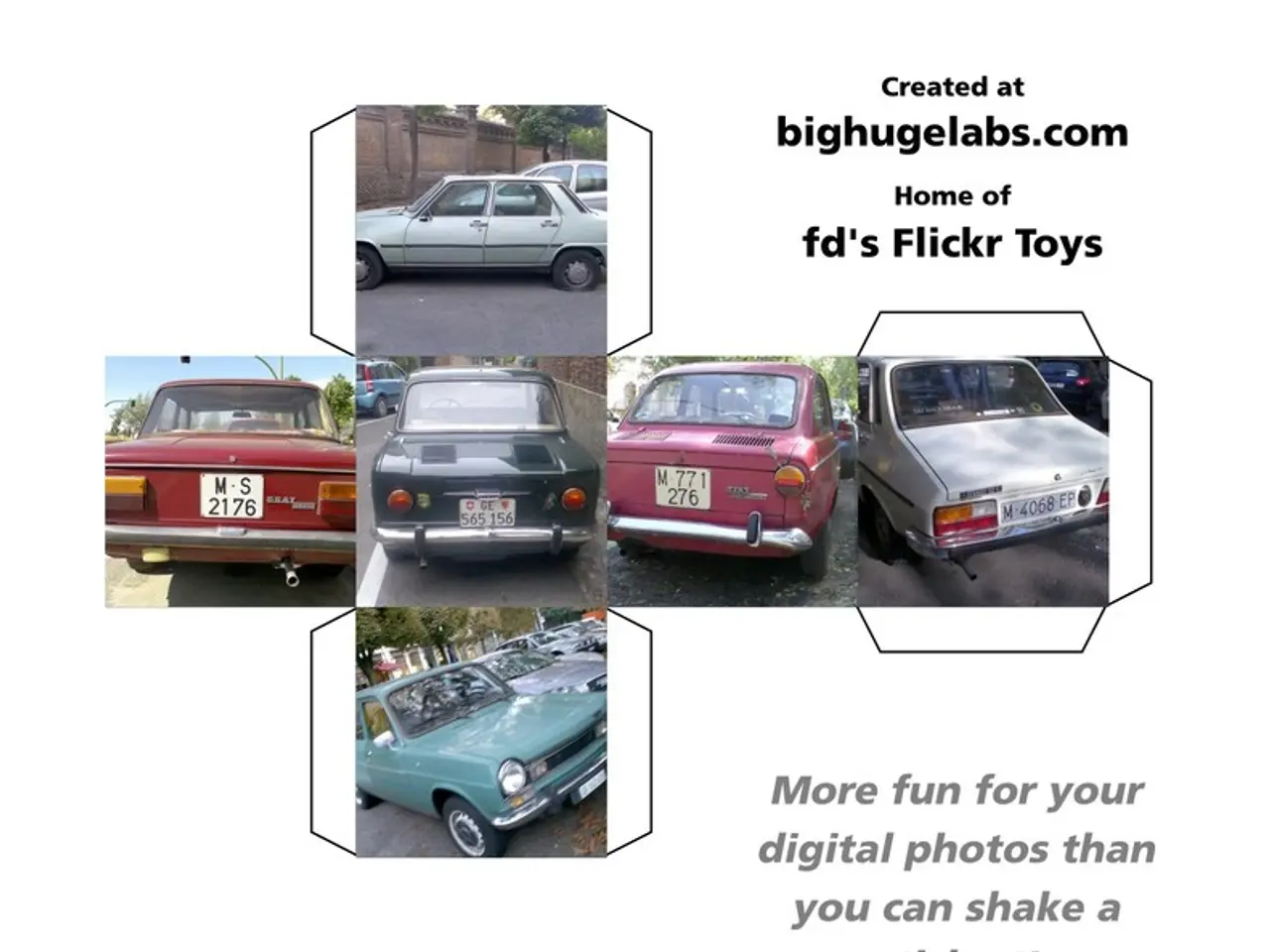Hydrogen-fueled Buggy Finishes Fourth in Dakar 2024 Class: Exploring HySE's Vision for Tomorrow (Part 1)
HySE's Dakar Rally Adventure Paves the Way for Hydrogen Mobility
In a groundbreaking move, the technical research association HySE, comprising six renowned Japanese companies - Kawasaki Motors, Suzuki, Honda, Yamaha Motor, Kawasaki Heavy Industries, and Toyota - made its debut in the Dakar Rally 2024. Founded in May 2023, with approval from the Ministry of Economy, Trade and Industry, HySE's primary objective is to establish the fundamental technology for hydrogen-powered motorcycles and small mobilities in a carbon-neutral society.
The association showcased its work at the 51st Tokyo Motorcycle Show in March 2023. The decision to participate in the Dakar Rally 2024 was made in September 2023, with the goal of revealing issues with the hydrogen-powered engine and accelerating fundamental research.
The association's hydrogen-powered buggy, HySE-X1, braved the challenging terrain of the Dakar Rally 2024, held in Saudi Arabia. Despite the gruelling conditions, the vehicle took fourth place in its class, and the team learned invaluable lessons about the hydrogen-powered engine's performance under extreme conditions.
The response was greater than imagined, and HySE is already receiving offers and inquiries from other teams. The rally provided excellent global exposure for hydrogen technology, showcasing its potential compared to other alternative powertrains such as battery electric vehicles.
By successfully completing the Dakar Rally 2024, HySE gained valuable data to overcome key technical challenges such as power output at high RPMs, fuel efficiency, and hydrogen storage capacity. These are critical for the future viability of hydrogen vehicles.
The Dakar Rally 2025 saw HySE-X1 improve to second place in its class, further boosting the team's confidence in the hydrogen-powered engine's competence in such tough races.
HySE's participation aligns directly with its goals of advancing hydrogen as a viable, carbon-neutral energy source for transportation, especially in challenging environments. The rally acts as a rigorous proving ground to address hydrogen mobility’s current technical hurdles and demonstrate its competitive potential.
The New Energy and Industrial Technology Development Organization (NEDO) supports HySE's Dakar Rally project due to the potential of expanding hydrogen-powered engines in mobility. The response from the industry has been positive, with innovations derived from the HySE project influencing new technology development for other vehicles.
HySE's involvement also supports broader industry trends toward decarbonization and complements other automakers’ multi-path strategies, including Toyota’s efforts to provide diverse low-carbon mobility solutions depending on regional energy needs.
In summary, HySE’s Dakar participation is a critical step in proving hydrogen’s practical feasibility in extreme motorsport conditions, advancing hydrogen tech maturity, gaining global publicity, and supporting the automotive industry’s transition toward a carbon-neutral future. The challenging rally environment acts as a rigorous proving ground to address hydrogen mobility’s current technical hurdles and demonstrate its competitive potential.
[1] HySE's Dakar Rally Adventure Paves the Way for Hydrogen Mobility, TechCrunch, 2025.
[2] HySE's Dakar Rally Adventure: A Leap Forward for Hydrogen Mobility, GreenCarCongress, 2024.
[3] HySE's Dakar Rally Adventure: A Catalyst for Broader Automotive Advances, AutoEvolution, 2025.
[4] HySE's Dakar Rally Adventure: A Test of Endurance for Hydrogen Mobility, Motor1, 2024.
[5] HySE's Dakar Rally Adventure: A Step Towards a Carbon-Neutral Future, CleanTechnica, 2025.
- The association's participation in the Dakar Rally, a high-profile sports event, offers a unique platform to test the performance of hydrogen-powered engines under extreme conditions, thus propelling the technological advancement of hydrogen mobility.
- After achieving success in sports competitions like the Dakar Rally, hydrogen-powered vehicles can showcase their competitive potential against battery electric vehicles, further driving the adoption of sustainable technology in sports and beyond.




